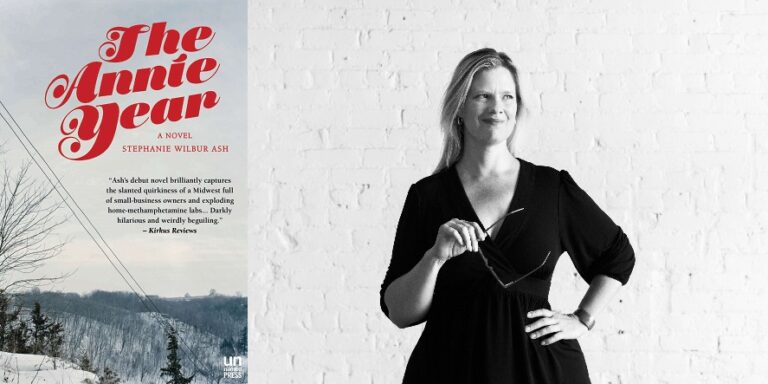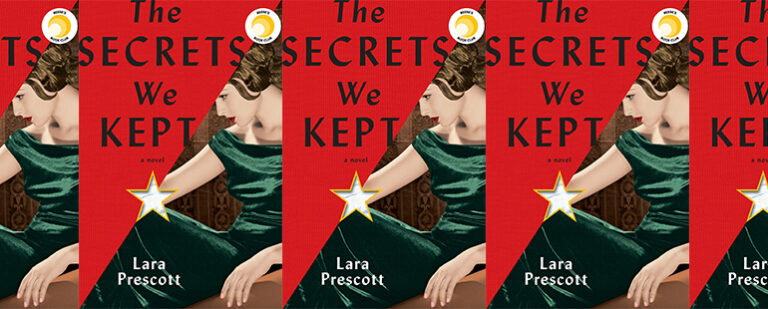Is Chicana/o Literature Dead? (A: No, not really): A Teacher’s Ramblings
It used to be that I didn’t know what Chicana/o literature was. Sometimes I still think I don’t, which is embarrassing because I teach classes on Chicana/o lit. The dictionary definition is easy—it’s been studied, chronicled, crystalized–and I can easily think of my heroes: Helena Maria Viramontes, Dagoberto Gilb, Corky Gonzales, Sandra Cisneros, La Gloria tambien. But what the genre is today is a different matter all together, giving me nightmares about how to teach a Chicana/o literature course at all. One question about the subject in specific used to unravel me:
In my dreams, I’m teaching in this ill-fitting Tommy Hilfiger suit (used car salesman grey), just killing it with my lesson plan, when some kid raises her hand and asks, “So, what is contemporary Chicano literature?” Of course there are writers I could cite, dates I could mention, etc. But what is it?
I pause. I take a sip from the cup in front of me. The coffee tastes nothing like the last sip I’d taken, which had been sipped when I wasn’t yet an impostor. I’m suddenly conscious of my ill-fitting suit. I’m conscious of my class noticing me noticing my ill-fitting suit, which only enhances the impostor effect.
I cough into my hand, buying time before invoking that age-old silver bullet of a trick that teachers carry in their pockets forever and always: “That’s a good question (coughing into hand once more, coughing again really loudly). What is Chicano literature?”
In the dream, time goes by so slowly. Somebody please Wikipedia this now. Only Wikipedia doesn’t even know the answer to that question, despite the fact that it’s such a level one. So basic. And yet I, the professor, don’t know it. It’s a question that only raises more questions.
Is contemporary Chicana/o literature only written by Mexican Americans? Is it only written by and about the people surrounding the Chicana/o Movement? Can it be written by Mexican nationals too? No? I know Carlos Santana isn’t a writer, but what about Carlos Santana? Isn’t he Chicano? Because he was definitely Mexican. And if he’s Chicano, who is to say Rafa Acosta isn’t Chicano? Is he Chicano? Am I a Chicano writer? Can Millenials—two generations removed from the Chicana/o Movement–be Chicana/o writers?
These are kind of silly questions, but they’re justified. I threw them (most of them) at my academic and writer buddies–some on Facebook, some on Twitter, some in person, most of them by e-mail. Their responses were radically different, but if anything tied all of their answers together, it would be this: Contemporary Chicana/o literature is simply the act of the Mexican diaspora writing ourselves into dignity. Not only in literary fiction or non-fiction but in Science Fiction too and Slam poetry and screenplays made for television–pretty much any genre or medium you can think of. Contemporary Chicana/o literature is not so much crystalized in a set canon as an ongoing vision under constant revision. An extension of the original Chicana/o literary movement, but also a progressive reaction to it as we move further into the twenty-first century.
When I think of contemporary Chicana/o literature, I think of the booming Queer MexAm literary canon. I also think of the disciples of Gloria Anzaldua. And Sandra Cisneros. And Cherrie Moraga. And how their writing informs not only what twenty-first century Chicanisma looks like, but what the switch from third to fourth wave feminism might look like, or what narratives surrounding women of color in the twenty-first century might look like, or what contemporary transmigration narratives might look like.
The definition of Chicana/o is slowly becoming decentralized, as Antonio Benitez-Rojo might have put it, which makes it more universal, more open, more interwoven with both the American and Mexican fabric as it becomes more complex.
Some scholars might balk at that. The ideology surrounding Aztlan was, afterall, the anti-hegemonic ideal, the Chicana/o liberation praxis outside of the American social fabric. Pero ni modo, as they say.
I’m not a scholar by any stretch of the imagination. I’m just a writer up here in a grey suit.



